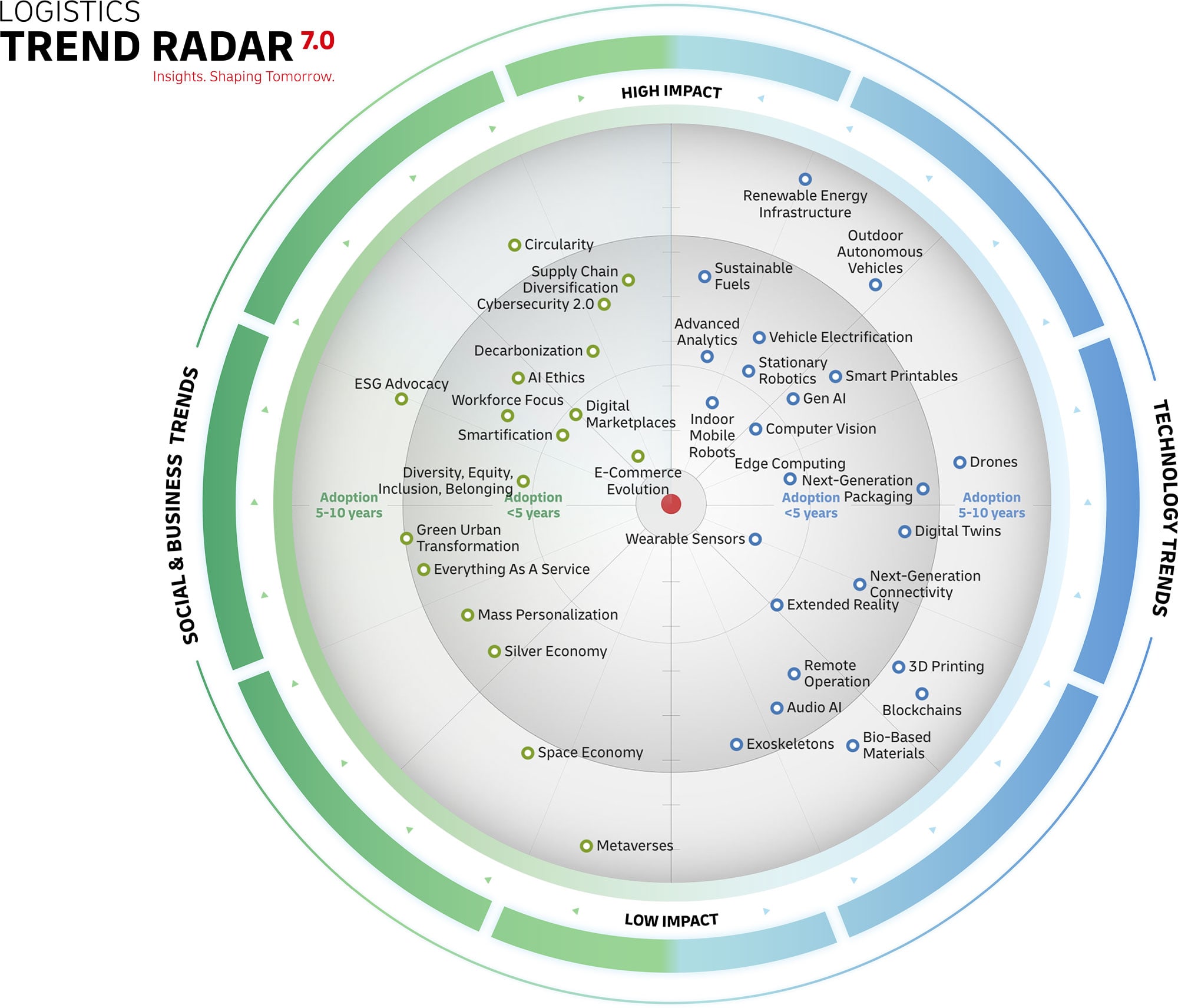The trend of Diversity, Equity, Inclusion & Belonging (DEIB) refers to four concepts that work jointly to bolster the effectiveness, productivity, dynamics, and creativity of an organization while ensuring individuals have equal opportunities and feel valued. Guided by mutual respect, trust, openness, and honesty, this trend both encompasses and extends beyond the borders of gender, race, religion, age, different ability, sexual orientation, national origin, and other characteristics protected by law.
One of the most rapidly developing social and business trends in the last four years, DEIB has evolved from diversity and inclusion to now also recognize individuals as being a long-term, integral part of the organization. This is the frame in which employment seekers consider potential employers.
Companies cultivate DEIB as part of corporate culture as it helps attract and retain talent and boost employee performance. Here at DHL, we additionally see this trend developing from the individual level to the organizational level.
The imminent realization of this trend shows people and companies understand the importance of increasing DEIB. Within logistics and the supply chain – previously predominantly male domains – there is growing recognition of the benefit of greater diversity at operational and leadership levels, especially as this alters the ways in which team members interact within the workplace. Employee engagement increases as inclusion is realized and, in turn, this increases the need to belong – which can be seen both as a “longing to be” and “being for long,” an affective and sequential dimension that delivers psychological safety. Ultimately, inclusion and belonging lead to better corporate results.
When employees see their employer prioritizes DEIB, especially the belonging dimension, they are less likely to leave. Among a range of other benefits, research shows organizations that promote and support DEIB are 2.6 times more likely to increase employee engagement and improve retention.
In the US, the annual cost of workplace bias is projected at US$ 64 billion. This estimate is based on the expense of losing and replacing more than 2 million workers due to unfairness and discrimination – a key consideration for organizations seeking competitive advantage.














